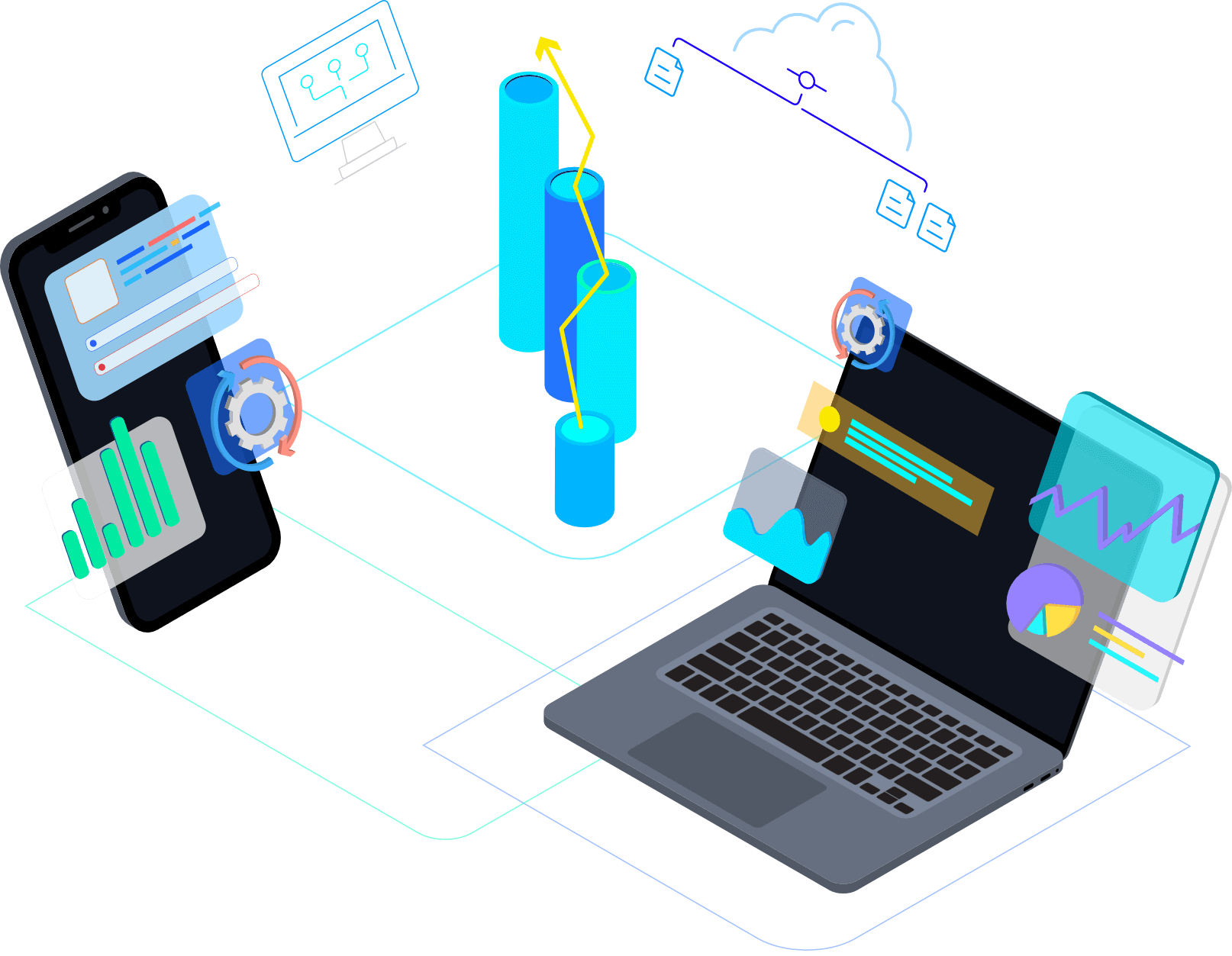1. Keep your software up to date
One of the simplest and most effective ways to improve your cybersecurity is to ensure that the software on all of your devices is up to date. Software updates often include security patches that can help protect your devices and data from newly discovered vulnerabilities.
2. Use strong passwords
Using strong, unique passwords for each of your online accounts is one of the best ways to protect your data. If a hacker gains access to one of your accounts, they will only be able to access that account and not your other accounts.
3. Don’t click on links in emails or text messages
Phishing attacks are a common way for hackers to gain access to your accounts. They will send you an email or text message that appears to be from a legitimate source, but the link will actually take you to a malicious website. Once you enter your login credentials on the fake website, the hacker will have access to your account.
4. Be cautious of public Wi-Fi networks
When you connect to a public Wi-Fi network, you are potentially opening yourself up to attack. Hackers can set up fake Wi-Fi networks that appear to be legitimate, but they can use them to gain access to your device and data.
5. Use a VPN
A VPN (virtual private network) encrypts your data and provides a secure connection when you are using public Wi-Fi or accessing sensitive data. VPNs can also be used to bypass internet censorship in some countries.
6. Enable two-factor authentication
Two-factor authentication (2FA) is an additional layer of security that can be used to protect your accounts. With 2FA enabled, you will be required to enter a code from your phone or another device in addition to your password when logging in. This makes it much more difficult for hackers to gain access to your accounts.
7. Use security tools and extensions
There are many security tools and extensions available that can help to protect your devices and data. Some of these tools include antivirus software, malware scanners, and ad blockers.
8. Be aware of social engineering attacks
Social engineering attacks are becoming increasingly common. These attacks involve hackers tricking you into giving them access to your accounts or data. They may do this by pretending to be a customer service representative or by sending you a fake email that appears to be from a legitimate company.
9. Back up your data
Backing up your data is important in case your device is lost, stolen, or damaged. It also allows you to restore your data if it is deleted or corrupted.
10. Keep informed about cybersecurity threats
Keeping informed about the latest cybersecurity threats is important so that you can take steps to protect yourself. There are many resources available that can help you stay up to date, including news websites, blogs, and social media.

If you are interested to know more about us and our services, contact us today.
We are based in Malta and operate internationally and are easily reached through calls, email and WhatsApp.
Subscribe to our newsletter to read all about new products and services!
Subscribe to our newsletter and you will receive a
5% Discount code for your next purchase!

Subscribe to our mailing list and be informed of new products and promotions, as well as be the first to read our blog post about potential security treats!
Sign up to receive updates, promotions, and sneak peaks of upcoming products. Plus 20% off your next order.
Sign up to receive updates, promotions, and sneak peaks of upcoming products. Plus 20% off your next order.